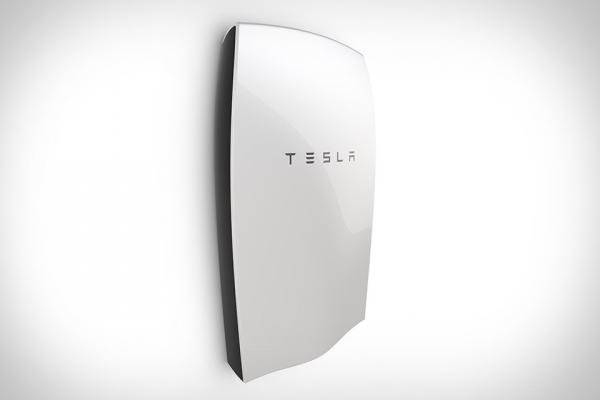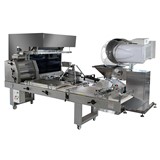Powerwall is essentially a storage unit that's capable of holding 10 kWh, and with a price of $3,500 it can function at two kilowatts. Deutsche Bank estimates that this is less than 50 per cent of the current electricity price of $500 per kWh.
What does this translate to? Energy that is delivered at about six cents per kWh for the average householder, which means that at its most basic level, it would still be cheaper than the coal-fired power that currently sustains us through the grid.
Musk is really clever; he's not delving into unchartered technological territory, what he's doing is working on the technology of the lithium-ion batteries already used in his electric vehicles, and just making it better.

Beyond the humble home
The domestic Powerwall system offers 10kWh while its commercial counterpart has 10 kWh with 100 stacks that are capable of forming a 10 megawatt hour storage unit. The costs are extremely competitive and entire communities stand to benefit from them.
Musk has even stated that 160 million of these storage units would be sufficient for maintaining America's entire electric power grid, while two billion of them could provide electric power to the world.
With all the positives, one can expect opposition from fossil fuel companies, who will not be encouraging of the offer of cheaper renewable energy supplies and storage. However, the Tesla Energy system is all-encompassing, consumers and communities will no doubt want it, and its impact is expected to be felt worldwide.
When will this really kick off?
There are billions of vehicles on roads around the world, and millions being added to the pool on an annual basis. If annually we manufacture millions of exhaust-emitting vehicles, then it’s certainly possible to manufacture storage units that strive to make them redundant. And Elon Musk intends to do just that.
Musk isn't in this global revolution alone. China is a formidable player in the renewable energy landscape and it's currently the home of the world's largest installed base of wind power.
Several Chinese companies are already deep in the business of independent energy production, producing storage units utilising lithium-ion technology on both a commercial and domestic level.
Currently their systems are more expensive than Tesla, but it's only a matter of time before their system is improved and made more cost-effective in the process. This is where the revolution will really kick off.
Where does Australia fit into the picture?
At this point, Australia and its lobbyists can't use the argument that renewable energy would be an option only if storage was a part of the picture because now it is. Many would argue that the country loses out every second that goes by that it doesn't ride the wave of this renewable energy and this groundbreaking technological advancement.
There's clearly much to learn from China; it has imported technology from its international neighbours and wasted no time in improving it to their advantage. In the process production levels have spiked, while costs have simultaneously lowered.
Musk and Tesla Energy have just changed the game and there's nowhere to go but up from here.







-160x160-state_article-rel-cat.png)











-160x160-state_article-rel-cat.png)







